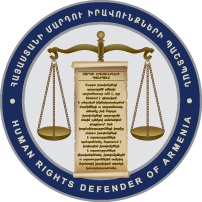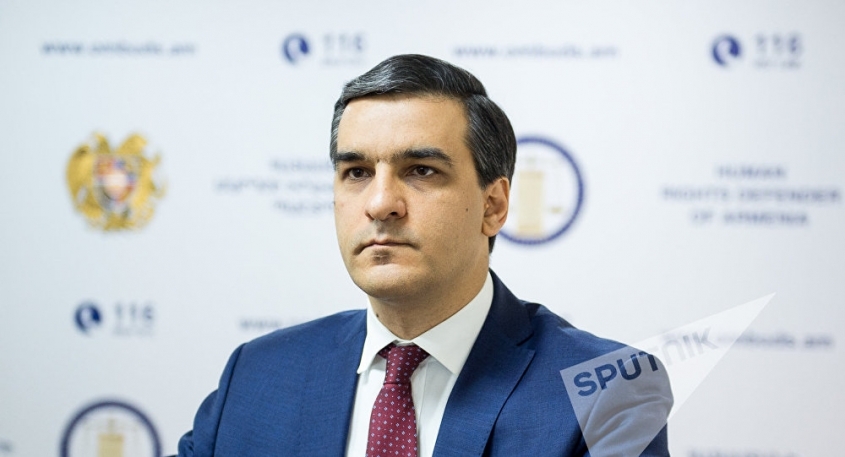The review of the situation with regard to the recent criminal cases shows that there is a dangerous tendency that the rights of people involved in a number of cases are violated, including through widespread public acceptance of a person’s guilt as a recognized fact in the absence of a judicial act entered into legal force, as well as the permeation of improper public perceptions on the professional activities of advocates for those people.
The statements of state officials are one of the factors contributing to this situation.
1. The fight against crime, of course, is one of the most important obligations of the state. It is designed to ensure the protection of human rights and freedoms from possible infringements.
This fundamental objective can be realized solely by following all the legal principles in that process. Not even the legitimate purpose of fighting against criminality can serve as a justification for derogating from those principles.
2. Presumption of innocence as an essential component of the right to fair trial is the cornerstone requirement of any criminal proceeding.
This implies that all bodies and officials are obliged to refrain from biased and early assessments on the guilt of a person in the absence of a judicial act entered into legal force.
Those who hold state positions, whom a citizen may perceive as a representative of the field of crime prevention, should be particularly careful with their statements.
Moreover, the higher the position and responsibility of a person, the stringent requirements are for their behavior and speech.
3. Statements and assessments of state bodies that lack legal credibility and are not related to the criminal proceeding, and which might instigate emotional responses or directly contribute to their formation among the society, are also impermissible.
4. These are the requirements of the most important component of the right to a fair trial-the presumption of innocence. Their non-compliance can undermine the fight against crime and jeopardize the whole process of justice.
5. The recent studies on criminal cases indicate that public officials make statements and give estimates, which obviously shape he public perception of a person’s guilt, as of an approved fact, when, in actuality, no binding judicial act is available yet. Subsequently, there is a high public pressure against the court.
6. This is one of the factors that contributed to the formation of wrong public perception regarding the advocates’ professional work, as well as insulting comments and even threats in social media towards them. Such comments were also recorded by a number of human rights activists.
It is important to recall that an advocate represents and protects a person who is suspected or accused by the state of committing a specific, yet alleged, crime.
The advocate’s mission is to provide qualified legal assistance and a proper legal defense from accusation during the criminal proceeding for that person. This does not by any means imply that the advocate justifies crimes or provides impunity. The professional activity of an advocate is aimed at the prevention of possible illegal prosecution or illegal imprisonment for every person.
7. The observation shows that there is a dangerous tendency towards deepening such perceptions, especially considering that that the number of people engaged in discussions through social media has visibly increased.
In addition, there is also a considerable number of users, evidently fake, whose comments are particularly aggressive.
All of this, in turn, has led to growing intolerance to dissent.
8. A huge responsibility is places on states to prevent such situations from happening in international legal practice, including by the case-law of the European Court of Human Rights.
Even though a state did not contribute to the formation of biased public perceptions, it still has a duty to carry out maximum efforts to mitigate the situation with the assistance of the relevant bodies.
Finally, it is necessary to remember that the aforementioned can be taken as a basis to record violations of rights of a person, involved in a criminal case, which, in turn, may also result in the acquittal of a person subjected or being subjected to criminal prosecution.
Arman Tatoyan
The Human Rights Defender of Armenia



